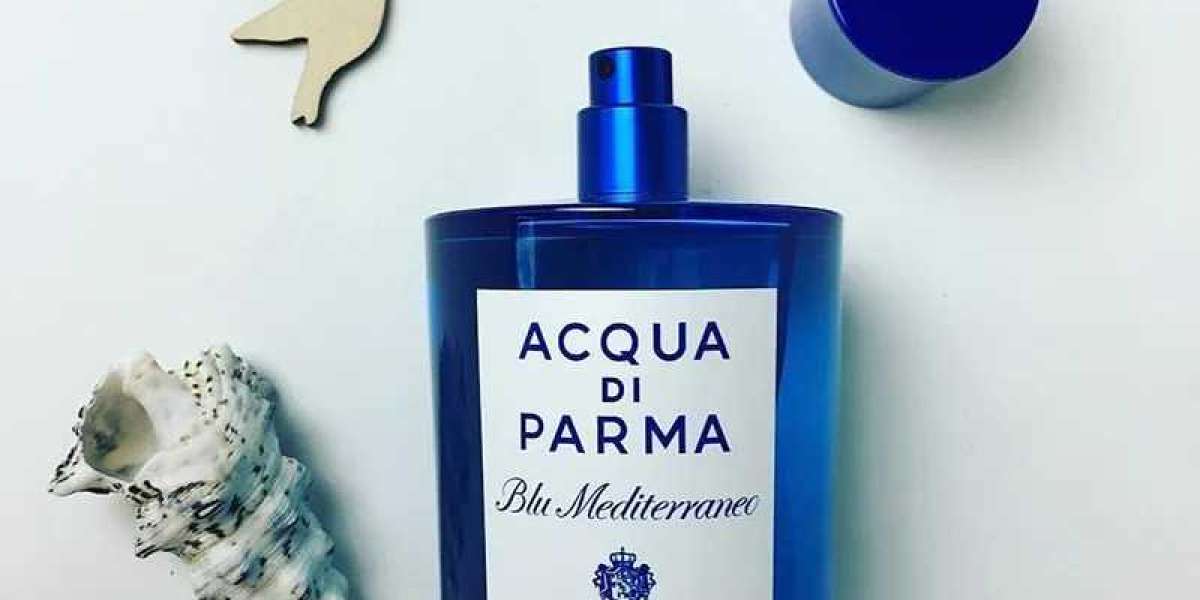Vintage rings have always held a special place in the hearts of jewelry enthusiasts. Their timeless elegance and unique designs make them highly sought after by collectors and fashion aficionados alike. But what exactly makes a ring "vintage," and why are these pieces so cherished?
The Definition of Vintage Rings
When we talk about vintage rings, we refer to rings that are at least 20-30 years old. These rings often reflect the design aesthetics of their respective eras, making them not just pieces of jewelry, but also historical artifacts. From the intricate filigree work of the Edwardian era to the bold geometric shapes of the Art Deco period, each vintage ring tells a story.
Historical Significance
Vintage rings are more than just beautiful accessories; they are pieces of history. For instance, rings from the Victorian era often feature romantic motifs such as hearts and flowers, reflecting the sentimental values of the time. On the other hand, Art Deco rings, characterized by their bold and geometric designs, capture the spirit of the Roaring Twenties.
"Vintage rings are not just jewelry; they are a window into the past, offering a glimpse into the fashion and culture of bygone eras."
Popular Vintage Ring Styles
There are several popular styles of vintage rings, each with its own unique characteristics. Understanding these styles can help you appreciate the craftsmanship and artistry that went into creating these timeless pieces.
- Victorian Rings: Known for their intricate designs and romantic motifs.
- Edwardian Rings: Characterized by delicate filigree work and the use of platinum.
- Art Deco Rings: Bold, geometric designs often featuring colorful gemstones.
- Retro Rings: Large, eye-catching designs that emerged during the 1940s and 1950s.
Victorian Rings
Victorian rings are often adorned with intricate designs and romantic motifs. These rings frequently feature gemstones such as diamonds, sapphires, and emeralds. The use of yellow gold was prevalent during this era, adding to the warm and rich appearance of these pieces.
Edwardian Rings
Edwardian rings are known for their delicate filigree work and the extensive use of platinum. These rings often feature intricate lace-like designs and are set with diamonds and other precious stones. The elegance and sophistication of Edwardian rings make them highly desirable among collectors.
Art Deco Rings
Art Deco rings emerged during the 1920s and 1930s, characterized by their bold and geometric designs. These rings often feature colorful gemstones such as rubies, emeralds, and sapphires, set in intricate patterns. The use of white gold and platinum was common during this period, adding to the sleek and modern appearance of Art Deco rings.
Why Choose Vintage Rings?
Choosing a vintage ring offers several advantages. Firstly, these rings are often one-of-a-kind pieces, ensuring that you have a unique accessory. Secondly, vintage rings are typically crafted with a level of detail and craftsmanship that is hard to find in modern jewelry. Lastly, purchasing a vintage ring is an eco-friendly choice, as it promotes the recycling and reuse of precious materials.
Real Product Example
Consider this stunning Art Deco Diamond Ring from our collection. This exquisite piece features a bold geometric design and is set with sparkling diamonds, capturing the essence of the Art Deco era.

Video Showcase
For a closer look at the beauty and craftsmanship of vintage rings, watch this video overview.
Conclusion
In conclusion, vintage rings offer a unique blend of history, beauty, and craftsmanship. Whether you are a collector or simply someone who appreciates fine jewelry, a vintage ring is a timeless addition to any collection. By understanding the different styles and historical significance of these rings, you can make an informed choice and find a piece that truly resonates with you.



